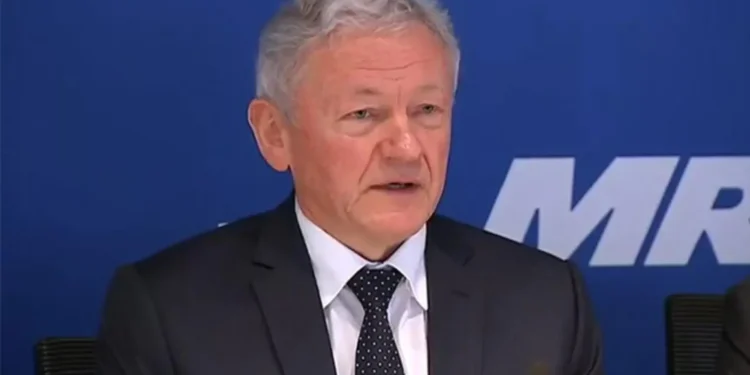Brussels (Brussels Morning – April 17, 2016) Belgium’s political landscape sees a significant change as François Bellot takes on the role of Mobility Minister. Bellot’s appointment to this key position marks a pivotal moment in Belgian transportation governance, with implications for infrastructure development, policy formulation, and mobility management. As Belgium grapples with challenges in transportation infrastructure and regulation, Bellot’s leadership is poised to shape the trajectory of mobility policies and initiatives in the country.
What Does François Bellot’s Appointment Mean for Belgian Mobility?
François Bellot’s appointment as Mobility Minister heralds a new chapter in Belgian transportation governance, with expectations high for transformative leadership in this critical area. “I am honored to assume the role of Mobility Minister and to work towards enhancing the efficiency, sustainability, and accessibility of Belgium’s transportation systems,” remarked Bellot, expressing his commitment to addressing the nation’s mobility challenges. His appointment underscores the importance of prioritizing transportation infrastructure and policy development as Belgium seeks to navigate the complexities of modern mobility.
As Mobility Minister, Bellot brings to the table a wealth of experience and expertise in transportation planning and regulation. “I am confident that with the support of my colleagues and stakeholders, we can chart a course towards a more integrated, efficient, and sustainable transportation network,” noted Bellot, highlighting his vision for Belgian mobility. With a focus on collaboration and innovation, Bellot aims to leverage emerging technologies and best practices to enhance mobility experiences for citizens and promote economic growth and social inclusion.
Implications of François Bellot’s Leadership in Mobility
The appointment of François Bellot as Mobility Minister carries significant implications for the future of transportation governance and infrastructure development in Belgium. Bellot’s leadership is expected to usher in a period of innovation and transformation in Belgian mobility, with a focus on enhancing efficiency, sustainability, and inclusivity. “My priority is to develop comprehensive mobility policies that address the diverse needs and priorities of Belgian citizens,” affirmed Bellot, underscoring his commitment to fostering a more user-centric approach to transportation planning and regulation.
Under Bellot’s leadership, Belgium is likely to see increased investment in transportation infrastructure and the implementation of strategic initiatives to improve connectivity and accessibility. “We must invest in modernizing our transportation networks to meet the evolving needs of our society and economy,” remarked Bellot, emphasizing the importance of infrastructure development in driving sustainable growth. By prioritizing infrastructure investment and policy reform, Bellot aims to position Belgium as a leader in transportation innovation and sustainability, with benefits extending to citizens, businesses, and communities across the country.
In conclusion, François Bellot’s appointment as Belgium’s new Mobility Minister signals a renewed focus on transportation governance and infrastructure development in the country. With a vision for enhancing efficiency, sustainability, and inclusivity in Belgian mobility, Bellot’s leadership is poised to shape the future of transportation policy and initiatives. As Belgium looks towards addressing the complexities of modern mobility, Bellot’s appointment offers a beacon of hope for transformative change and progress in transportation governance.




